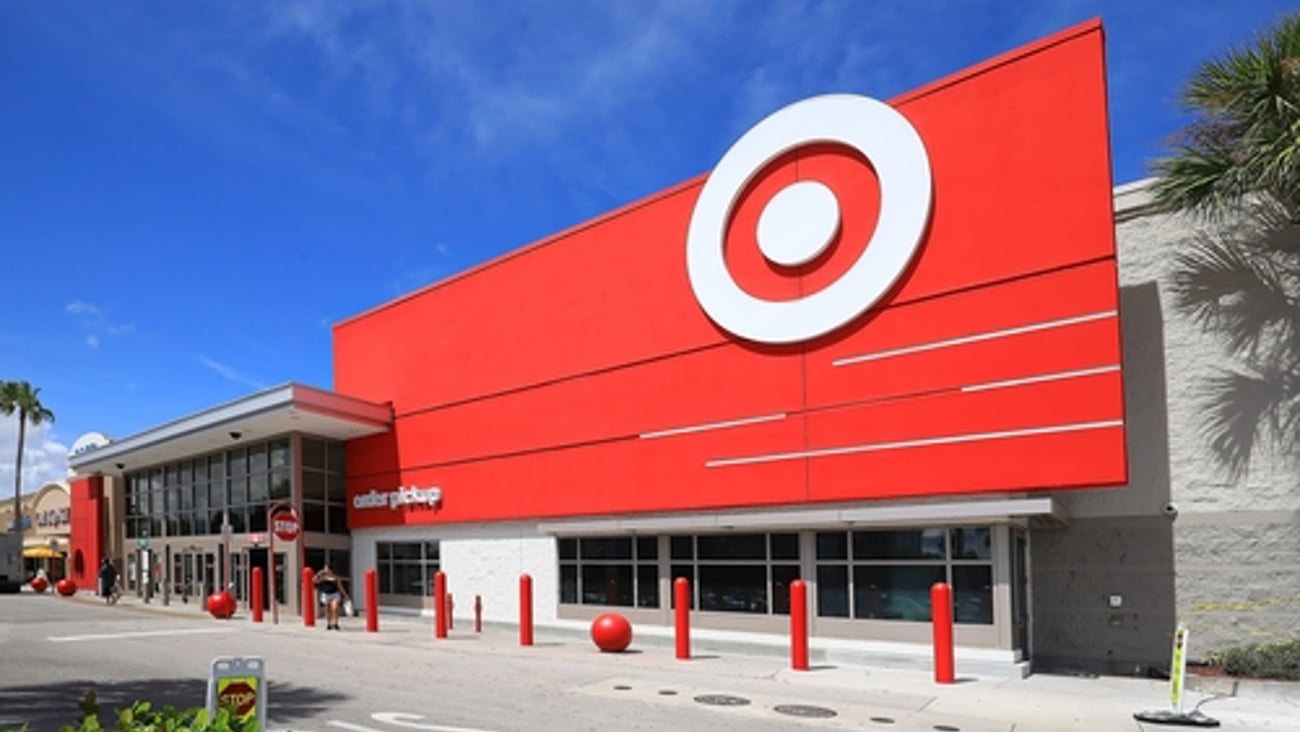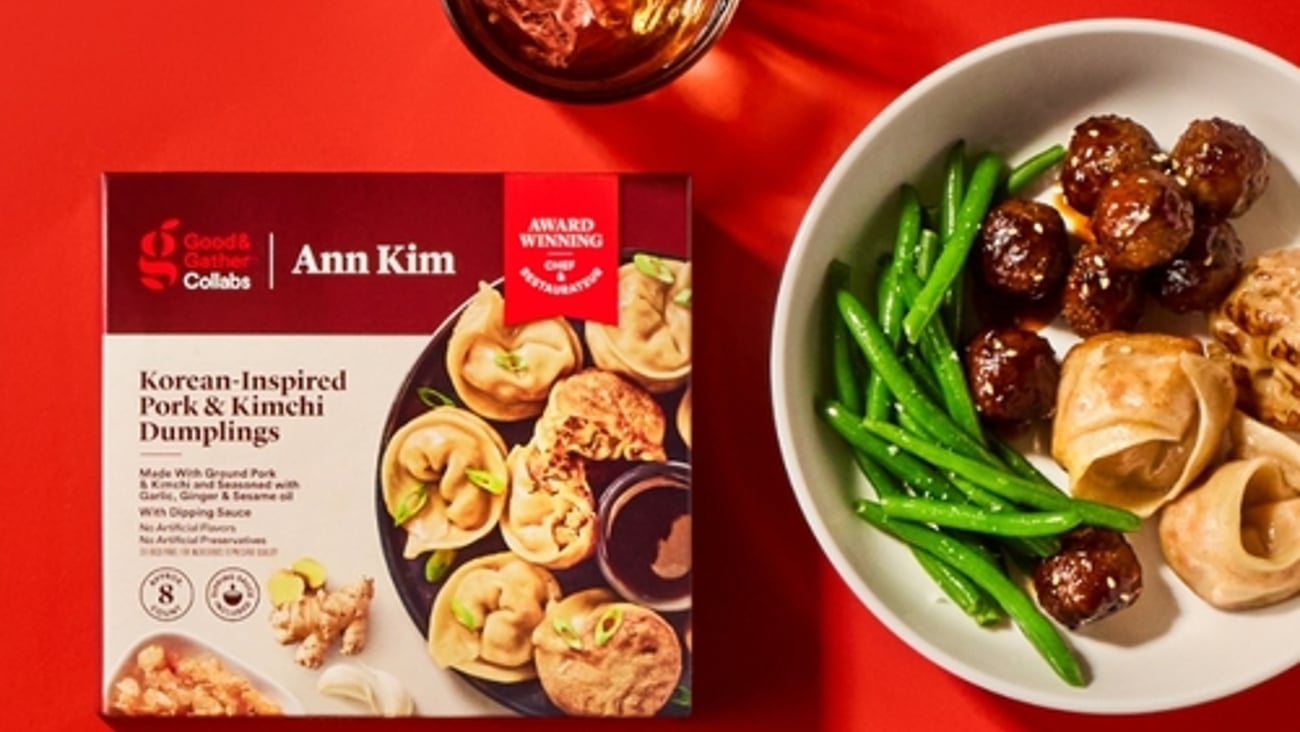Packaging matters more to shoppers
More U.S. grocery store shoppers are reviewing packaging almost as much as the products in the packaging. This might sound like old news, but new studies claim consumers are finally getting the message about being more environmentally responsible. For retailers, this influential group of shoppers could provide owners of private brand products with more “green” ways to stand out from the competition.
It seems like it has taken most of the general public years to recognize the importance of recycling and being “green.” But finally, a majority view the “Rs of recycling” ― reduce, renew, recycle and reuse ― as cornerstones, seeking packaging that aligns with their beliefs about healthy foods and beverages, according to a new trend study from consumer market researcher EcoFocus Worldwide.
EcoFocus identified the growing group as Responsible Packaging Shoppers (RPS), which it says makes purchasing decisions based on product packaging’s healthy and environmental attributes. The RPS group now comprises 59 percent of the general grocery shopping population, the study says, and has increased 16 percentage points from 43 percent since 2013, the EcoFocus study says.
It’s about time.
More than half of the RPS also said they would change their grocery store preference if the package is recyclable. They are also 30 percent more likely than grocery shoppers overall to always or usually think about the environmental impact of packaging before purchasing products, the study adds.
The segment is likely a bellwether for health and packaging trends, notes Linda Gilbert, study author and CEO of EcoFocus Worldwide, in a statement. “The [number] of shoppers who care about responsibly packaged products is growing and evolving in their expectations. This is an opportunity for food and beverage brands and for grocery store brands alike ― the package matters,” Gilbert says.
Packaging probably should have factored into what consumers put into their carts decades ago. As a packaging writer/editor for more than 25 years, I regularly read package labels when visiting the supermarket because I have a vested interest in packaging. I learned at least 20 years ago that reducing, reusing and recycling helps individuals, communities and our world by saving money, energy and natural resources.
Like the EcoFocus study participants, I regularly check containers to see if they are recyclable or otherwise environmentally friendly, and favor product companies and retailers that convey messages on packaging about the environment and recycled/recyclable containers.
Bravo, RPS. You’re catching up to grocery retailers, which have been implementing package recycling programs for decades. Especially progressive, Walmart set sustainability mandates for its suppliers back in 2009. Today, one of the Bentonville, Ark.-based company’s many environmental goals is for all of its private brand products to use 100 percent-recyclable packaging. It also proposes to reduce waste in the landfills at its own operations in the U.S., U.K., Japan and Canada to zero by 2025.
Not by half or one-third, but zero.
Publix Super Markets in Lakeland, Fla. has also encouraged recycling for years. Bins outside of its stores not only accept paper and plastic bags for recycling but plastic sleeves from dry cleaning and newspapers, the retailer said in a press release. Its stores have been selling reusable shopping bags for more than 20 years, and began selling reusable bags made with recycled material in 2007, and has since sold more 13 million according to Publix’s website. Each year, such retailers post their sustainability reports or initiatives, which usually involve package recycling one way or another.
Among its many environmental initiatives, Cincinnati-based The Kroger Co. expects to recycle over 200 million pounds more plastic and recover over 3 billion tons of corrugated by the end of 2020, it stated on its website. “We continue to integrate reusable plastic containers into our network to reduce waste … and test new technologies that reduce waste in the supply chain,” the statement added.
Now that consumers truly “get it,” grocery retailers can make the most of consumer perceptions about packaging materials and take packaging even further by maximizing use of recycling and other enviro-symbols on packaging when they can, and choosing environmentally friendly packaging to meet the needs of these more responsible shoppers. A white paper developed by Evergreen Packaging discusses more on the EcoFocus study.





